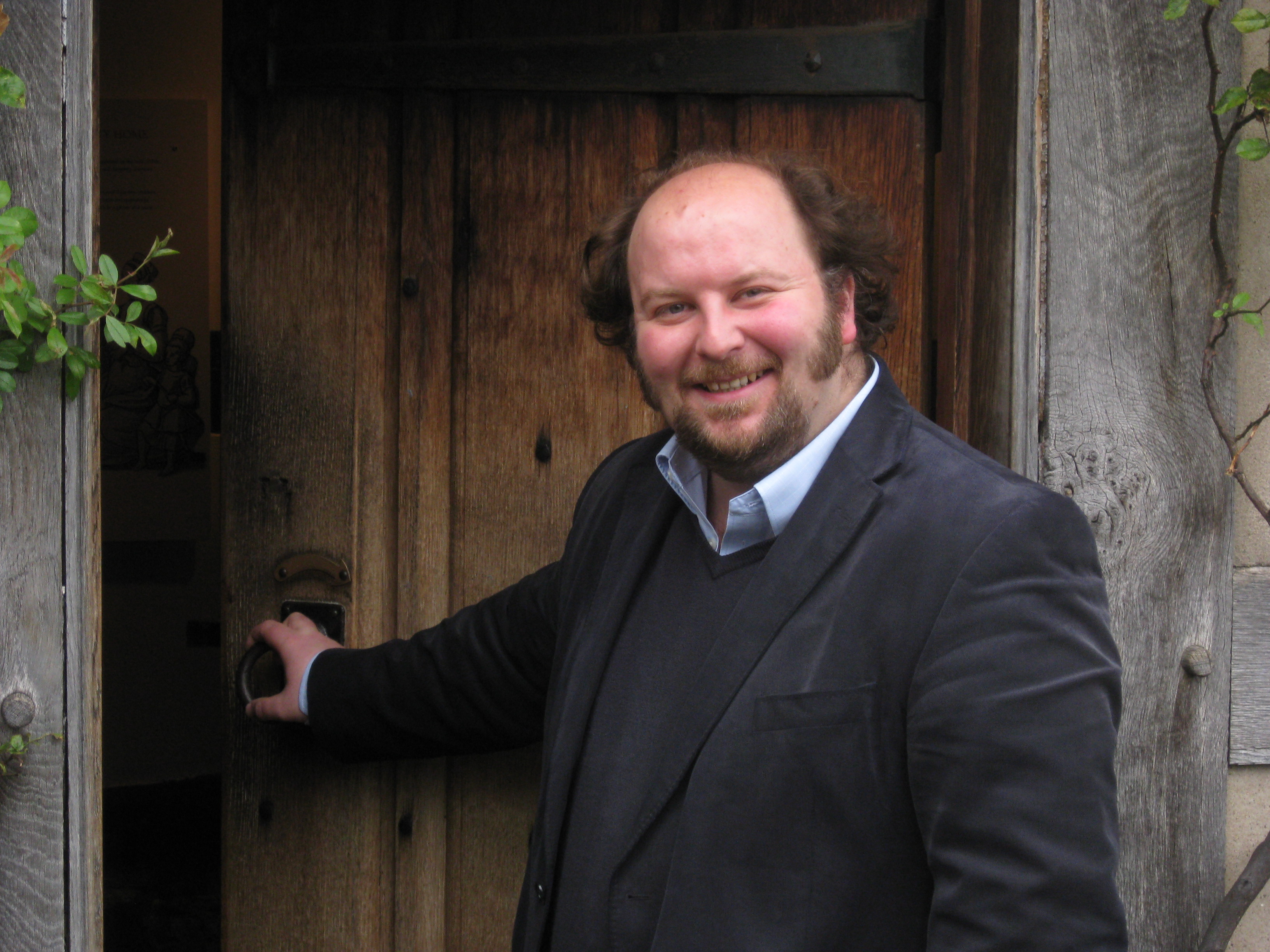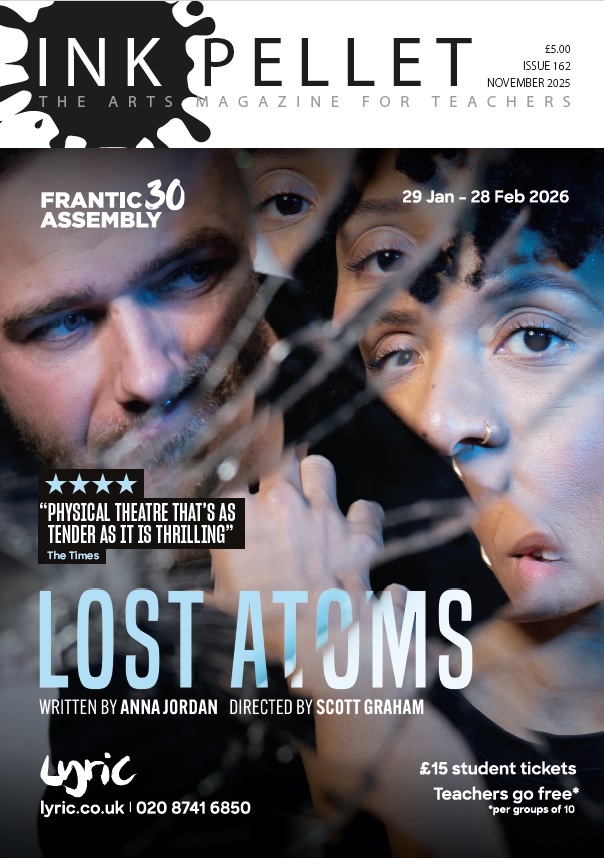Shakespeare wrote of Cleopatra’s ‘infinite variety’, and I’m often reminded of these words as I walk up Henley Street for another day at work at The Shakespeare Birthplace Trust. My work day is certainly filled with variety. One moment I can be speaking with a visiting university group from Texas, and the next I can be working on ‘Romeo and Juliet’ with KS3 students from Tyneside. Some days I have the pleasure of bringing A-level groups from across the country together to share their ideas and hear how other classes are responding to the same text, while other days I get to introduce students to actors who have lived the roles they are studying, and who can pump some flesh and blood into their understanding of Shakespeare’s craftsmanship.
Stratford is obviously a centre for all things Shakespearian, and on any given day there are people coming to town to visit one of the five houses that the Trust looks after, see one of Shakespeare’s plays performed at the RSC, or join us here at the Shakespeare Centre to take part in one of the many courses that we offer It can be a very humbling experience to talk with teachers from across the globe and to hear their reasons for making the journey to Stratford with their students to take part in one of our courses. Of course, teachers are keen to share their own passion for Shakespeare’s works with their students, and where better to begin that journey than at the birthplace itself!
When I am not teaching, I often find myself answering questions about Shakespeare that come into our office from journalists, students, academics, television researchers, and news reporters. ‘What’s this about a new portrait of Shakespeare?’ ‘Did Shakespeare write Shakespeare’s plays?’ ‘What do you hope to find by excavating the grounds around Shakespeare’s home, New Place?’ These are just some of the hot topics that have kept phones ringing and tongues wagging over the last couple of years (www.bloggingshakespeare.com). Shakespeare’s name has appeared in the news a lot recently, and students are always curious to explore the reasons behind Shakespeare’s celebrity, and iconic status. Discussion about Shakespeare’s place in our world naturally spills over into conversations about history, politics, society and identity. Shakespeare often seems like
the perfect springboard into any number of conversations about what it is like to be human.
A trip to Stratford helps give some context to Shakespeare’s life and times, and you can see his legacy all around the town – from the statues to some of the shop names – ‘Much Ado About Toys’, ‘The Food of Love’, ‘Othello’s’. As I walk home along the river in the evening, I often find myself casually wondering what Shakespeare would have thought about his place in our culture today. I’m sure that he would be very pleased to find that his words and works still have great resonance with people long after his death, but I wonder whether he would be amused or horrified to see his semblance transformed into a rubber-duck, a cuddly toy, or an action figure?
I like to think that he would have settled on the side of mild amusement rather than horror.
For further information about the work of the trust, you can visit www.shakespeare.org.uk



